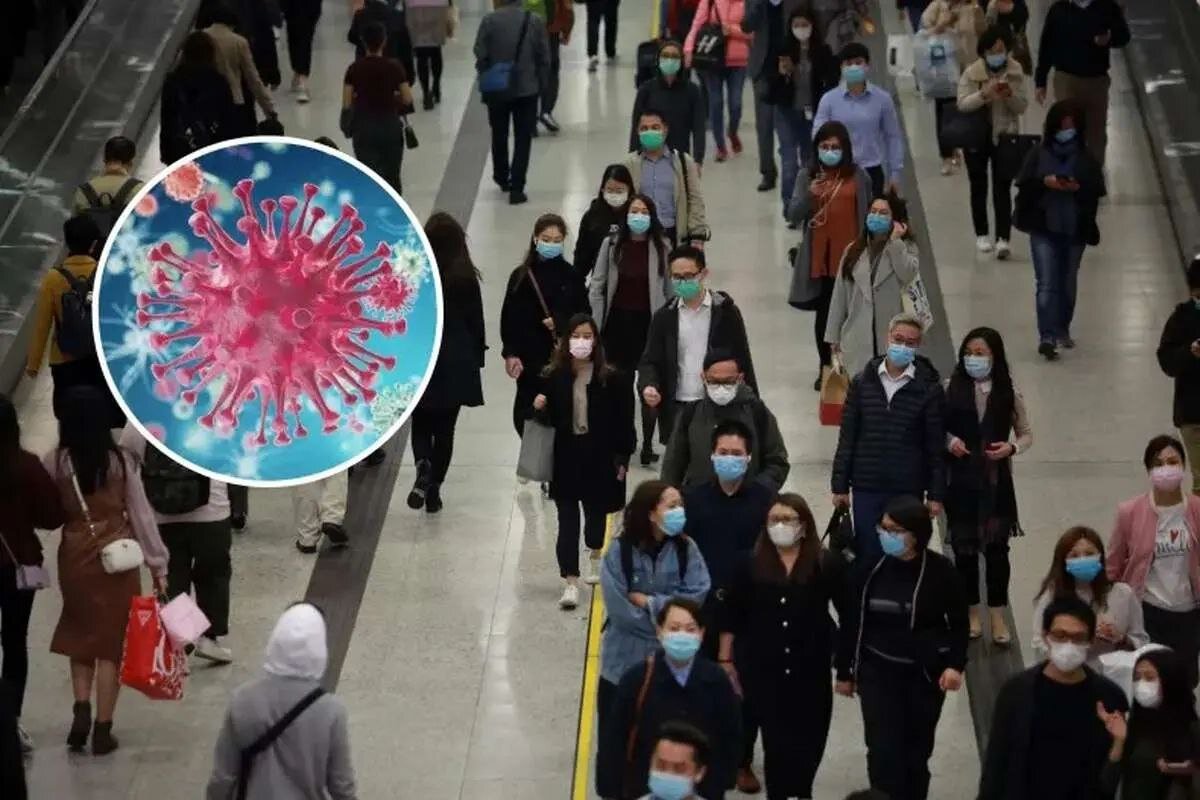WHO declares no global health emergency on HMPV pandemic: official

TEHRAN –The World Health Organization (WHO) has not flagged the outbreak of Human Metapneumovirus (HMPV) in any country as a health emergency, so there is no need to worry, an official with the ministry of health, has said.
The official made the remarks on Sunday following the recent reports and social media posts suggesting that the virus is spreading rapidly across China. Some claim that hospitals and crematoriums are overwhelmed by the influx of patients.
Videos circulating online show crowded hospitals, with users reporting multiple viruses, including Influenza A, HMPV, Mycoplasma pneumoniae, and Covid-19, as the culprits behind the surge in respiratory illnesses.
Reports indicate that the spike in HMPV cases has led to a notable increase in sudden deaths, particularly affecting individuals aged 40 to 80.
Discovered in 2001, HMPV belongs to the Pneumoviridae family, which also includes Respiratory Syncytial Virus (RSV). However, serological studies suggest that the virus has been present in humans for over 60 years and is globally distributed.
HMPV can cause both upper and lower respiratory diseases in people of all ages, with young children, older adults, and those with weakened immune systems being most vulnerable.
“According to the International Health Regulations (IHR), if a disease is widespread in a region, it must be reported to the World Health Organization, then the organization will determine whether or not a particular event constitutes a public health emergency of international concern,” health ministry’s website quoted Qobad Moradi as saying.
Observing personal hygiene, wearing masks, and washing hands continuously can greatly contribute to the control and prevention of infectious diseases, particularly respiratory and seasonal diseases, he noted.
HMPV often causes symptoms similar to the common cold, including cough, fever, stuffy or runny nose, sore throat, wheezing, shortness of breath, and rashes.
However, the risk of severe illness is higher for people who are younger than five or older than 65, with those cases taking longer to recover from. Unlike Covid-19, there is no vaccine or specific antiviral treatment for HMPV; treatment primarily involves managing symptoms.
Like other similar viruses, HMPV usually spreads from person to person through droplets from coughing and sneezing, through human contact such as hugging or kissing, and through touching surfaces and objects contaminated with the virus and then the mouth, nose or eyes.
Experts caution against the use of antiviral drugs to treat HMPV. In an interview with the state-backed National Business Daily, a respiratory expert in Shanghai warned against blindly using antiviral medications, as no vaccine exists for HMPV, and its symptoms often resemble those of a common cold.
In 2023, HMPV cases were reported in the Netherlands, Britain, Finland, Australia, Canada, the US, and China.
MT/MG
Leave a Comment